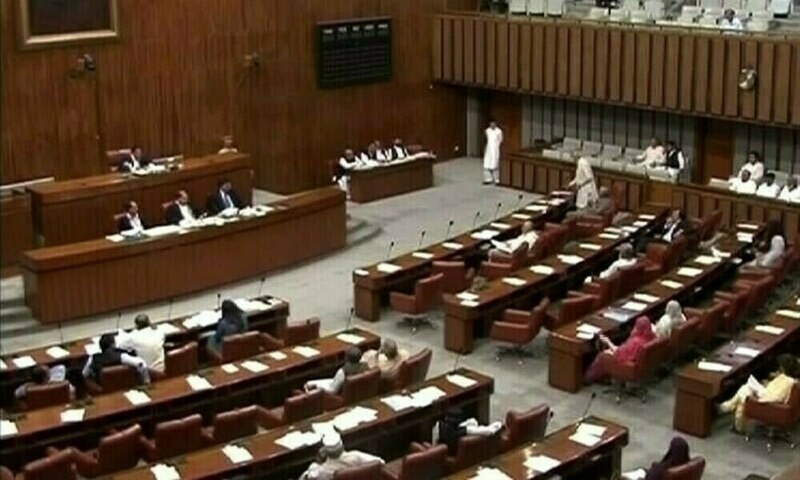ISLAMABAD: Justice Syed Mansoor Ali Shah opposed transferring every case to constitutional benches, suggesting that more cases should remain with regular top court benches for efficiency.
The most senior puisne judge, made these remarks, while heading a two-judge bench, which also comprised Justice Aqeel Abbasi, while hearing a case pertaining to excess billing against Sui Northern Gas Company.
Justice Mansoor, addressing the petitioner’s counsel, advised against forwarding every case to a constitutional bench, noting, “Leave some cases with us too.”
The petitioner’s lawyer argued that after the 26th amendment, the case should be reviewed by the Constitutional Bench. However, Justice Mansoor responded with a smile, noting that the matter did not present any constitutional or legal question warranting such a referral.
“Do not take all cases to constitutional benches. Let us have some too,” he remarked light-heartedly, highlighting the bench’s capacity to handle cases that do not strictly require constitutional review.
The bench hearing the arguments disposed of the case, noting that appeals regarding previous judgments on over-billing remained pending.
Justice Mansoor in October, while hearing a case on establishment of Pakistan Climate Change Authority for implementation of effective climate change policies, had remarked that the question of jurisdiction would “arise every day” in the Supreme Court following legislation on constitutional benches.
When additional attorney general (AAG) told the bench about the notification for the appointment of Climate Change Authority’s chairman has not been issued yet, Justice Mansoor humorously told him; “Now all the busyness must be over,” referencing the recent legislative focus on the amendment.
In another case regarding competency of Competition Ordinance and Act, Justice Mansoor further joked about whether the case should now be handled by a constitutional bench, adding that this might soon become a recurring question in the Supreme Court.
Advocate Farogh Naseem responded by saying that political cases have now become constitutional cases. Justice Ayesha remarked; “Now you and your constitutional benches can figure it out,” in response to the changing legal landscape.
The justices concluded by postponing the hearing for three weeks, with Justice Mansoor noting that the situation will become clearer by then.
The 26th Amendment brought changes to the Constitution, most of which pertain to the judiciary. Some main reforms include taking away the Supreme Court’s suo motu powers, setting the chief justice of Pakistan’s (CJP) term at three years, and empowering the prime minister to appoint the next CJP from among the three most senior SC judges.
The greatest number of amendments is to Article 175A, which deals with the process of appointment of judges to the Supreme Court, high courts and the Federal Shariat Court (FSC).
Copyright Business Recorder, 2024
Read the full story at the Business Recorder - Latest News website.



